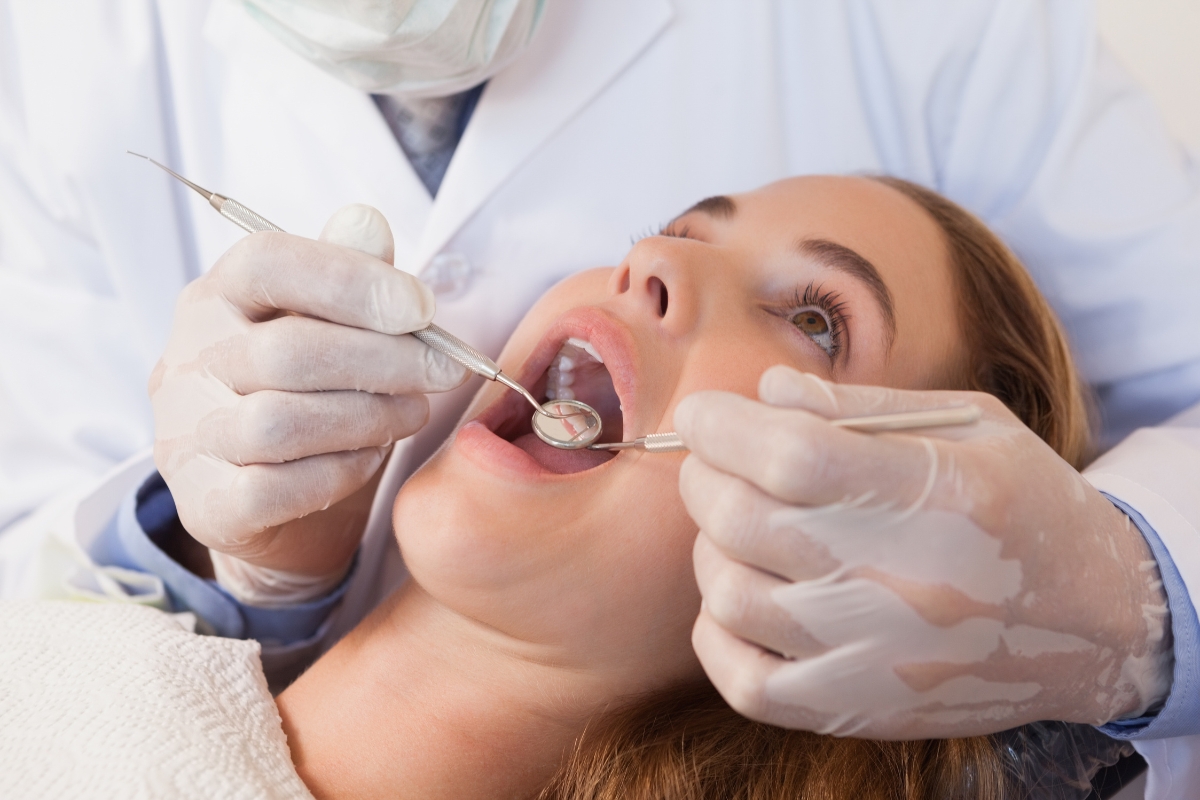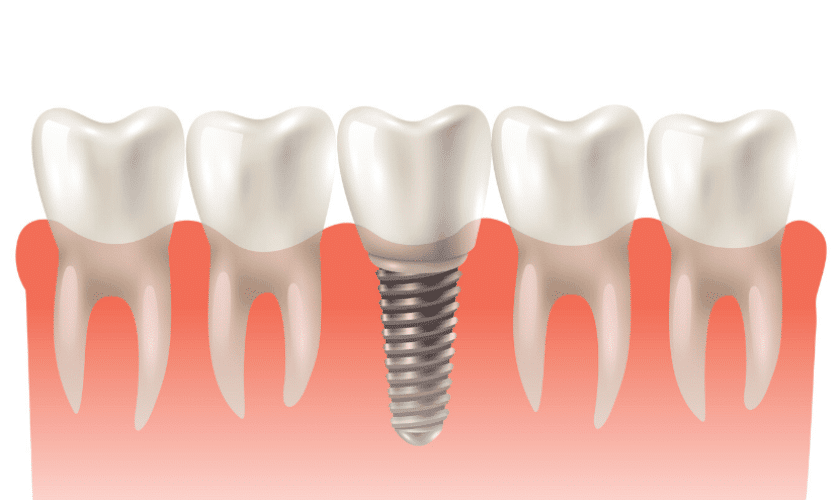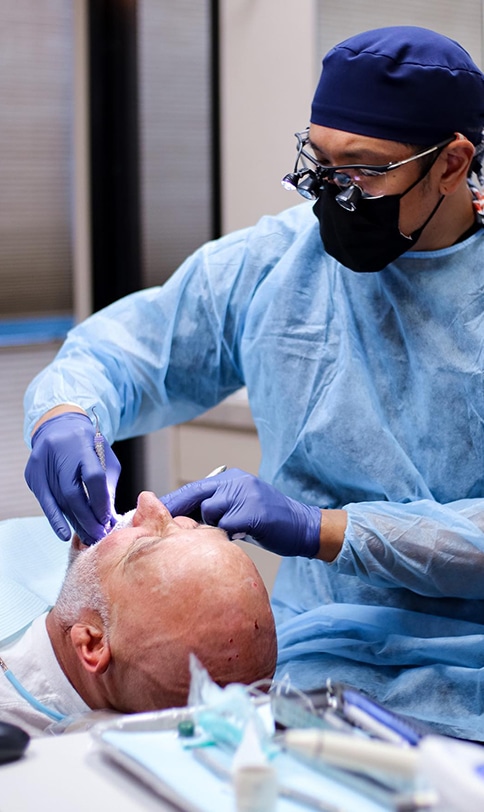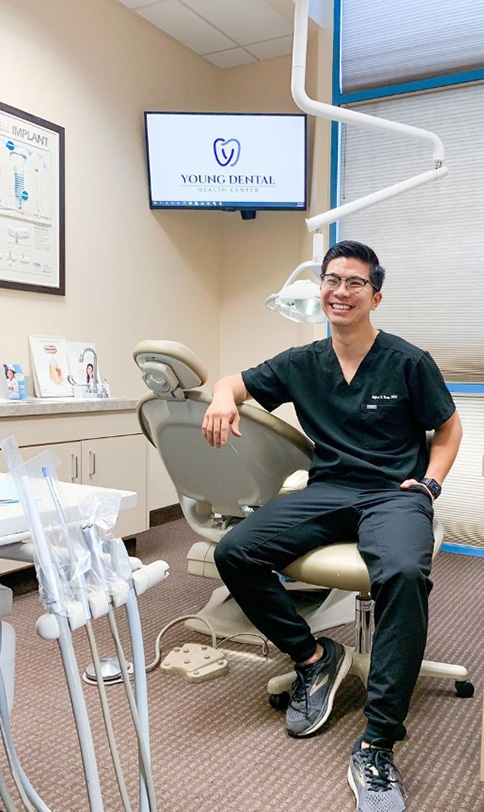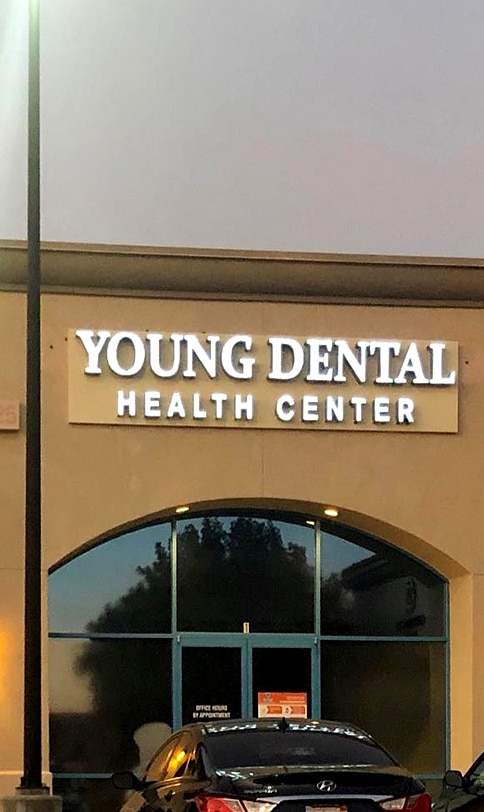E-mail Us
What Should I Expect After Dental Implant Treatment?
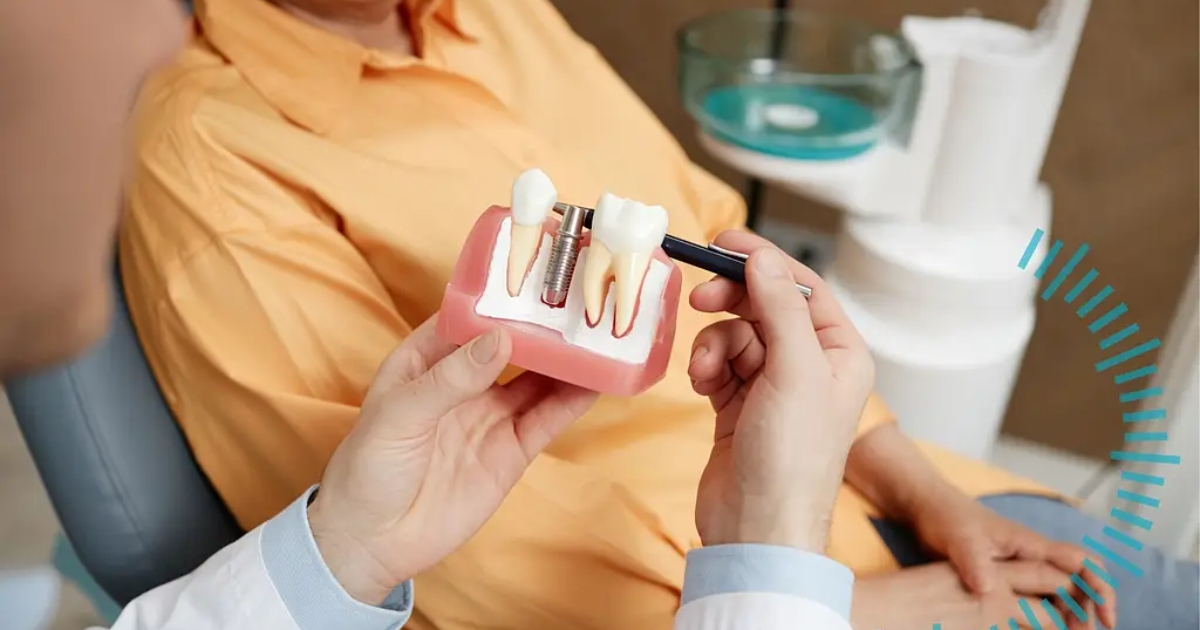
Dental implants are a highly effective solution for replacing missing teeth, offering durability and natural aesthetics. However, many patients wonder what to expect after the procedure. Understanding the recovery process and aftercare is crucial for a successful implant treatment. In this blog, we’ll cover everything from immediate post-surgery experiences to long-term maintenance, giving you a clear picture of life after dental implants in Upland.
Immediate Recovery After the Procedure
- Mild Discomfort and Swelling: In the first few days after dental implant surgery, it’s common to experience discomfort, swelling, and bruising. These symptoms can be managed with over-the-counter pain medication and cold compresses.
- Bleeding: Minor bleeding might occur within the first 24 hours. Your dentist will provide gauze pads to help control this. Bite gently on the gauze for about 30 minutes to stop the bleeding.
- Diet Modifications: Soft foods are recommended for the first few days after surgery to avoid putting pressure on the implant site. Avoid hot foods, spicy meals, and hard-to-chew items.
Caring for the Implant Site
- Oral Hygiene: Keeping the implant site clean is crucial for healing. Gently rinse with a saltwater solution or any mouthwash recommended by your dentist. Avoid brushing the surgical area for the first few days to prevent irritation.
- Avoid Smoking and Alcohol: Both smoking and alcohol can delay healing and increase the risk of implant failure. It’s best to avoid these for at least a week after surgery.
Post-Surgery Appointments and Monitoring
- Follow-Up Visits: Your dentist will schedule follow-up appointments to check the healing process. These visits are vital to ensure the dental implant is appropriately integrated with the jawbone (a process called osseointegration).
- Stitch Removal: If non-dissolvable stitches were used, they must be removed within a week. Your dentist will handle this during one of your follow-up appointments.
Long-Term Implant Care
- Regular Oral Hygiene Routine: Implants require the same care as natural teeth once healed. Brush twice a day, floss regularly, and use an interdental brush to clean around the implant.
- Professional Cleanings: Schedule regular check-ups and cleanings with your dental office to maintain your implant’s health and detect any issues early.
- Diet Considerations: You can resume eating most foods after recovery, but be cautious with hard items like ice, sour candies, or dairy products after oral surgery.
Potential Complications and How to Handle Them
- Infection: While rare, infections can develop around the implant site. Signs include excessive swelling, persistent pain, or pus. If you notice these symptoms, contact your dentist immediately for treatment.
- Implant Failure: In some cases, implants may fail to integrate with the jawbone. This is usually discovered during follow-up visits. If this happens, your dentist may suggest additional procedures, such as bone grafting, to improve success in the future.
- Nerve Damage: Though uncommon, nerve damage can occur during surgery, causing numbness or tingling in the lips, gums, or chin. If these symptoms persist, consult your dentist right away.
How Long Does Full Healing Take?
- Osseointegration Process: The implant fuses with the jawbone over several months, typically taking 3-6 months, depending on your body’s healing capacity and overall health.
- Final Restoration: After complete osseointegration, the final step is attaching the dental crown, bridge, or denture. This will restore the look and function of your missing teeth.
Maintaining Dental Implants for the Long Haul
- Avoid Teeth Grinding: Bruxism or teeth grinding can pressure your implants. If you grind your teeth at night, your dentist may recommend wearing a nightguard to protect your natural teeth and implants.
- Regular Dental Visits: Continuous monitoring and maintenance are crucial to ensuring the long-term success of your dental implants. Make sure to visit your dentist in Upland regularly for professional cleanings and examinations.
After your dental implant treatment, following post-operative care instructions carefully and attending all follow-up appointments with your dentist is essential. Proper care will not only ensure a smooth recovery but also help your implant last for years to come. Dental implants offer a durable, natural-looking solution to tooth loss, and with the right aftercare, you can enjoy the full benefits of a healthy, confident smile.


